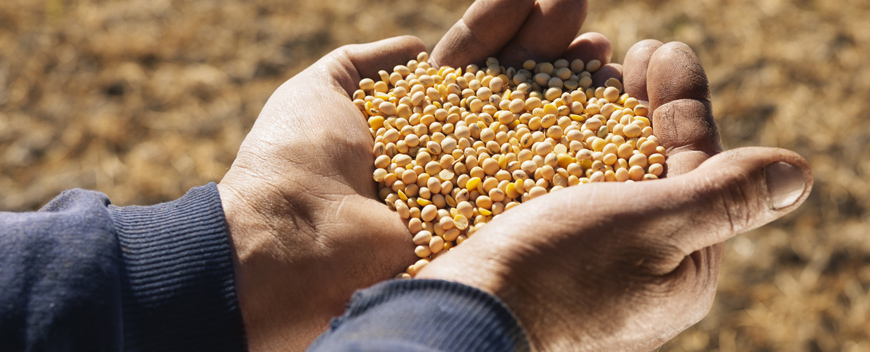
A: Research conducted on many soils worldwide has shown that supplying crops with plant available silicon can suppress disease, reduce insect attack, improve environmental stress tolerance and increase crop yield.
– Dr Joseph Beckmann
A: The frequency of testing varies depending upon several factors: soil type, crop, rainfall, fertiliser, and many other factors. As a general rule, experts recommend testing your soil yearly. Soil samples should be taken from at least three locations for every hectare.
A: Typical application rates are 2 – 4 tonnes per hectare depending on soil sample results.
A: These types of materials have been used since the 1930s as an agricultural soil conditioner. They can improve the efficiency of fertilisers, therefore potentially requiring reduced application. They also have been shown to improve plant resistance to fungal infection and disease, reducing the amount of chemical applications needed. The material is an approved for use as a liming agent in NSW. Plant Tuff also meets all applicable environmental requirements set out by the NSW EPA for the use of steel furnace slag co-products for agricultural applications, as detailed in the Resource Recovery Exemption.
No. Extensive research has shown that Plant Tuff® does not contribute any significant metals up-take in plants and is well below the maximum concentrations and loading limits required by the NSW EPA.
The Tuff ShieldTM plant available silicon in Plant Tuff has been shown in overseas testing to enhance the availability of your traditional N-P-K fertilizer to the plant.
Yes — due to its unique chemical make-up. Plant Tuff spreads readily, generally with a wider spread than comparable liming products and with far lower dust levels even at moistures up to 6% utilising conventional spreading equipment.
Plant Tuff may be applied at the beginning of any growing season.
